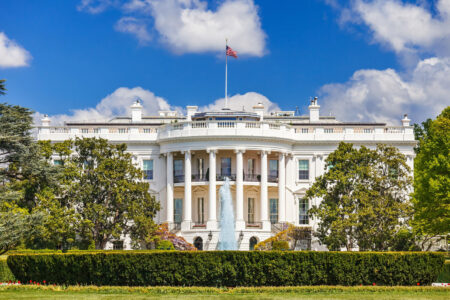In June 2019, the Financial Action Task Force (“FATF”) issued a guidance subjecting the crypto industry to the same compliance standards as financial institutions. One of the most controversial and challenging measures was the application of the travel rule to all virtual asset service providers (“VASPs”).
While the FATF rules are guidance for the globe's regulators, nations that do not fall into line risk being blacklisted. FATF will start reviewing how it has been applied amongst its members by June 2020.
Compliance with the travel rule by VASPs might be somewhat against the whole crypto philosophy but could also have a positive impact by reinforcing the trust of institutional players and potentially pave the way for mass adoption.
Two problems complicate the task
Since the 2019 ruling, crypto businesses have been trying to figure out how to comply with the travel rule. There are two main problems. The first one is to find a way of identifying VASPs and the second is data transmission.
The Open VASP initiative was launched in November 2019 by Bitcoin Suisse, Lykke, Seba Bank, Sygnum, Avaloq and MME, with the support of the Crypto Valley Association (CVA) and the International Digital Asset Exchange Association (IDAXA). The aim of the initiative is to help the crypto industry to comply with the travel rule by creating a solution for the industry from the industry. It started as a working group and since March 27th has been incorporated in Zug as an Association. The goal is to build up an open and decentralized protocol as proposed in the OpenVASP whitepaper, a SWIFT-like messaging system designed specifically for crypto.
The travel rule relates to the transfer of sender and beneficiary information during wire transfers and is now applicable to transactions involving crypto assets between VASPs and other “obliged entities”. For instance, customer A from exchange A wants to send 1BTC to customer B in exchange B, exchange A will need to obtain beneficiary information and then send this information plus customer A information to exchange B. In order to do so, a communication system needs to be in place, and this is what the OpenVASP Association is building. It should be noted that FATF requires this to happen only for transfer greater or equal to USD 1000. In Switzerland, article 10 of the Anti-Money Laundering Ordinance applies whatever the amount of the transfer.
The travel rule brings a large compliance burden and raises potential privacy issues
The Open VASP initiative seeks to provide a clear picture of FATF compliance based on an open-source protocol allowing for secure communication of sender and beneficiary information for crypto-asset transactions between VASPs. The Open VASP protocol is a decentralized protocol with strong end-to-end encryption of personal data which preserves and protects the “anonymity” of clients data. It is designed to be technology-agnostic, fully decentralized and extensible so that it may be adopted broadly by VASPs of all sizes using multiple implementations and at minimal cost. The first version has been developed in C# with Lykke business and Bitcoin Suisse AG as tech leads. EPAM Systems, a leading global provider of digital platform engineering and development services, has recently joined the Association as a member and is developing the Java version of the protocol. Other companies from the Crypto Valley, such as 21 Analytics, have implemented OpenVASP and other open protocols.
The addressing and authentication parts of the OpenVASP protocol use Ethereum’s decentralized public key infrastructure, meaning VASPs must deploy a smart contract that represents identity on the blockchain. Using smart contracts on Ethereum creates a blockchain public key directory for the VASP and an IBAN-like numbering format: the virtual asset account number (VAAN).
Open VASP Association is in regular contact with worldwide regulators and with the FATF
Open VASP Association is planning to operate the first “real-life” testing of the protocol in May and have an official version ready to use for June.
Open VASP Association is also in touch with VASPs, banks, brokers, organizations and other associations to be onboarded as members, and is looking to onboard as many new members as possible. Indeed, it strongly believes that the design principles come the closest to those of the decentralized crypto ethos. It also strongly supports principles of free and open market and that is why it has already begun working on interoperability with some of the industry leaders also developing travel rule solutions.
The Open VASP Association, which is based in Zug Switzerland, has been created to support the whole crypto industry for compliance with the travel rule following up on the recent FATF and FINMA guidances. Their objective is to have a first working version of the messaging protocol by June 2020.
Contact:
Delphine Forma, Member of the board - members relationships and communication
delphine.forma@openvasp.org, +41 (0) 798395628




